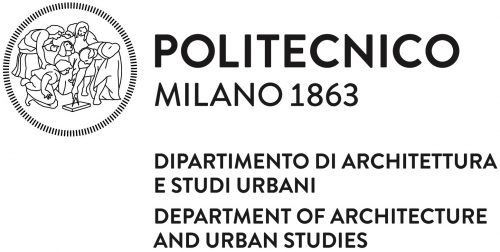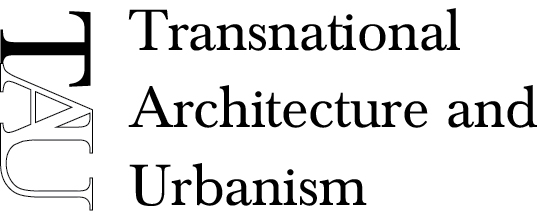Massachusetts Institute of Technology, MIT Architecture, April 29, 2019
Speakers
Harvey Molotch, New York University
Davide Ponzini, Politecnico di Milano
Discussants
Neil Brenner, Harvard University
Rosie Bsheer, Harvard University
Bish Sanyal, MIT
Chair
Nasser Rabbat, MIT

